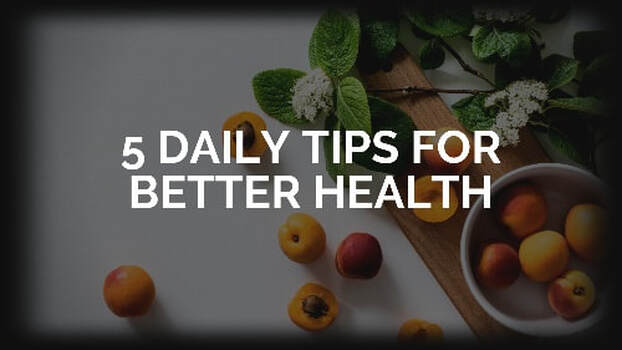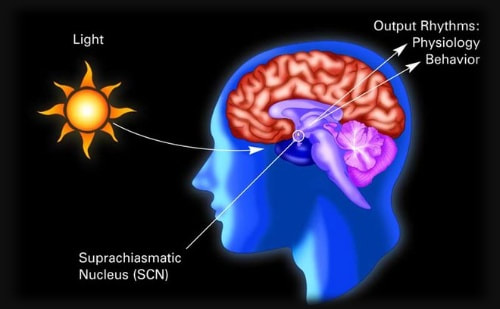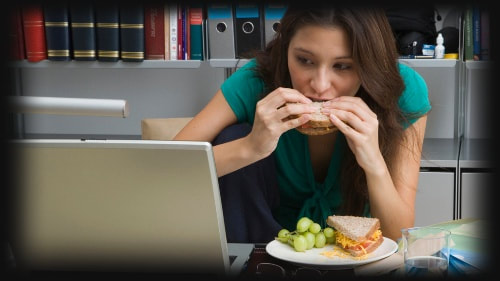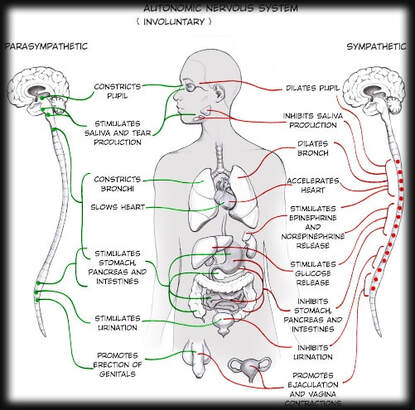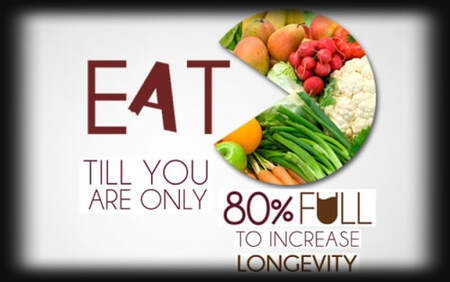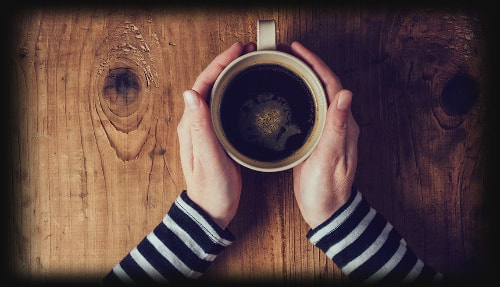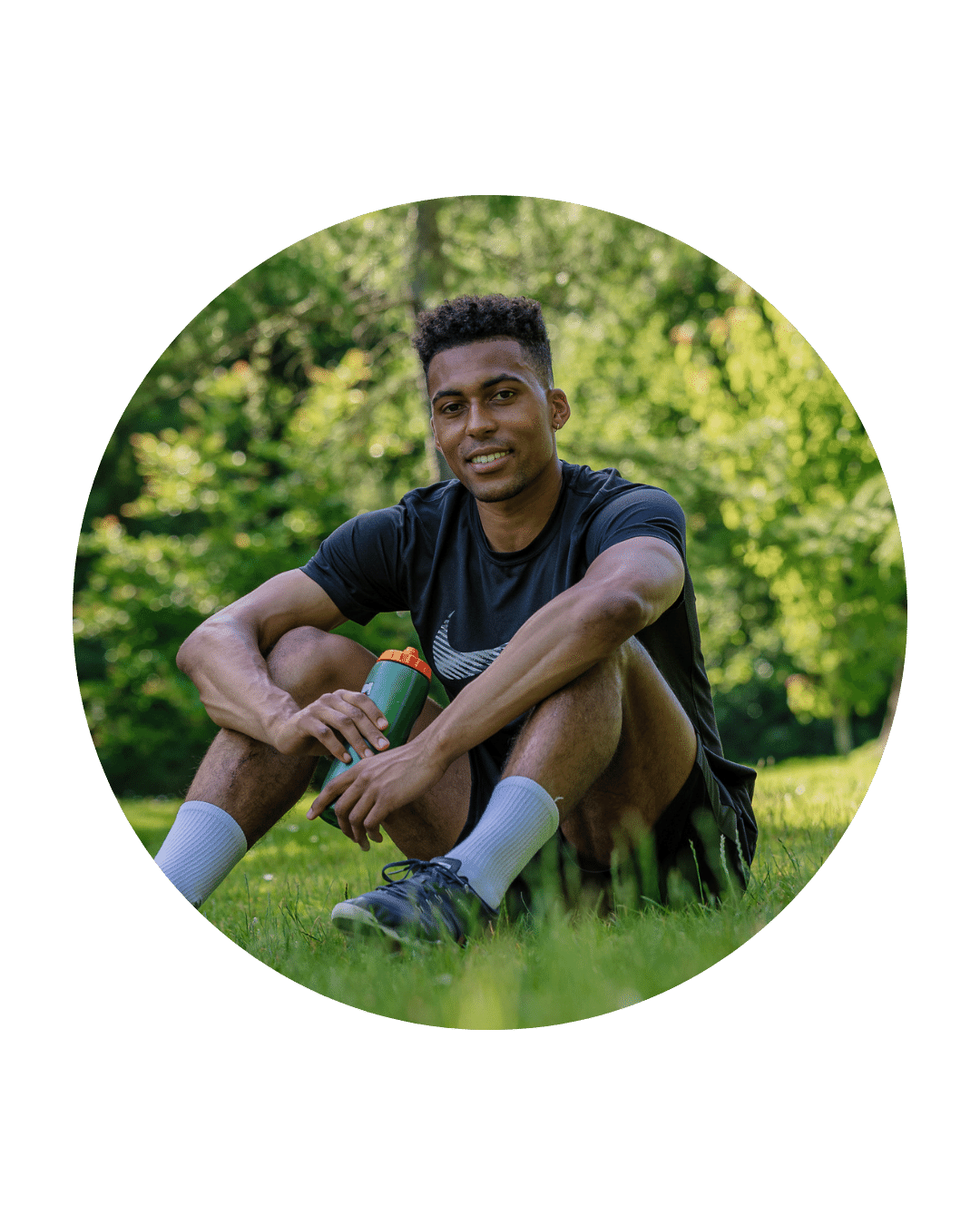|
Last week I went live across 3 days on both Facebook & Instagram. On one of those days, I discussed 5 daily tips for improved health & well-being. You can check out the live stream itself here. But, if you don’t have time to watch, then I’m going to be breaking down each of those tips in this article. Let's get to it. GET OUTSIDE FIRST THING IN THE MORNINGThis comes down to something called circadian rhythms (check out my blog on The Impact of Light on Health, it explains a lot). Circadian rhythms are physical, mental & behavioral changes that follow a roughly 24 hour cycle. All of our hormones & chemicals rise & fall at certain times of the day, based on their biological function & necessity. For instance, as nighttimes comes, our production of melatonin increases (melatonin induces feelings of sleepiness). Another example, when we first wake up, cortisol levels rise, allowing us to have the energy & drive to go about our daily activities. These rhythms are dictated & regulated by our internal biological clocks, which are found in nearly every cell within the body. To regulate & coordinate all of these biological clocks, we have a master clock in the hypothalamus in the brain - the suprachiasmatic nucleus (SCN). So, why does getting outside in the morning matter? Well, the SCN receives direct sensory input from the eyes - light. It’s light that synchronises the SCN, in-turn enabling circadian rhythms to occur properly. By getting daylight in the morning you are synchronizing your master biological clock, helping to ensure that biological processes within you are functioning optimally. “Ok great, so if I want optimal health I’ll do that. But it’s not a bad thing if I don’t, right?”. Afraid not. When we neglect the body’s natural rhythms we become increasingly susceptible to a variety of diseases, from obesity to depression. Additionally, without sufficient daylight, our cognitive functioning, alertness, and all-round mental & physical performance will suffer. We want healthy circadian rhythms; getting morning light is key to that. So, take 10-15 minutes each morning to get outside & soak up some daylight. Read a book, listen to a podcast, plan out your day - spend it how you want. Side note: Sunlight is also important from a vitamin-D perspective. There have been several links between vitamin-D deficiency & coronavirus mortality, so get your sunlight people. PRACTICE MINDFUL CONSUMPTIONLet me create a scenario quickly. There’s no judgement here, I promise. You’re working from home. Lunch time comes, you head to the fridge, whack a few things together, & head back to the same desk/table you’ve been sat at all morning. You continue to stare at your computer screen or scroll through your phone whilst simultaneously inhaling your meal. Soon as you finish wolfing it down, you’re straight back to the grind. It doesn’t take a genius to interpret that this isn’t going to be optimal for your digestive health. The distractions of work or social media, paired with this nearly unconscious consumption behaviour is a recipe for disaster. For optimal digestion we need to be in what's called a parasympathetic dominant state. I’ll quickly explain: One branch of our nervous system is the autonomic nervous system. It dictates involuntary physiological processes, e.g. our heart rate, breathing rate, the action of our digestive system. Branching off from the autonomic nervous system, we have two further systems - the sympathetic & paraysympathetic nervous system. The sympathetic nervous system is essentially responsible for the fight or flight repsonse. It prepares us for activity & responding to potential danger. The parasympathetic nervous system is responsible for the rest & digest response. It calms our bodies, allowing us to relax. Our lives are an ongoing balancing act between sympathetic dominance & parasympathetic dominance. If you’re sympathetically dominant, your digestive process won’t function optimally, leading to all sorts of digestive issues. Two things you can do to help mitigate this & engage your parasympathetic nervous system: put distractions aside, take a minute to stop & breathe pre-meal. There are also some other aspects of mindful consumption I’ll quickly address: Chew Your Food More Sounds ridiculous, but it holds value. Firstly, chewing plays a key role in the digestive process, helping to break down food, easing digestion. Secondly, there was a study drawing a comparison between the number of chews & post-consumption satiety. There were two groups - one group who chewed food 15 times, a second group who chewed each mouthful 40 times. After consumption, ghrelin levels were recorded from participants of each group (ghrelin’s a hormone that signals hunger to the brain - higher ghrelin = more hunger). The group who chewed their food 40 times had lower levels of ghrelin than that of the 15 chew group. With lower ghrelin levels, you’re less inclined to eat more food. Don't Eat Until Full I read a book last year named ‘Ikigai’. In it, the authors travelled to several places across the world labelled as blue zones - locations where the people have exceptionally high levels of longevity, positive health markers, & quality of life. They spent time studying the people of each location & the particular behaviours they displayed. One of the places visited was Okinawa - a small island of Japan. There were several lifestyle aspects present that were likely conducive to good health, however a key one is their approach to consumption. Prior to each meal, it is routine to practice a principal called "Hara hachi bu" - eating until 80% full. Obviously, this is a subjective metric, but it’s adhered to. In western society we’re obsessed with the idea of stuffing ourselves with these mega-sized meals. It’s just unnecessary & more than likely not conducive to good health. Try adopting some of their wisdom - clearly it’s working for them. Are You Actually Hungry? Finally, this is a key point about snacking. A lot of us have developed a conditioned response involving food. Whenever we feel bored, stressed, or just in need of some stimulation, we turn to food. The snack cupboard gets raided during times when we aren’t even that hungry. Practice being mindful of how your body feels - do you actually need to eat or are you just in search of some food-derived pleasure?This can be a challenging practice, I’m working on it myself, but it’s a simple way to cut back on those unhealthy snacks. GO ON A WALK.There was always going to be some physical activity thrown in the mix wasn’t there. With the health crisis we’re faced with, remaining active is incredibly important from both a physical & mental health standpoint. Going on a walk is an easy way to up your activity levels. What’s more, getting out in nature is a key way to effectively manage stress, another hugely important aspect of health. Try to build a daily habit of walking. Take 30 minutes out of your day to do so. If you like, use it as a time of productivity - listen to a podcast, plan the rest of your day/week, clear your mind. AVOID CAFFEINE BEYOND 2PM.This might be a struggle for a few of you. It’s tough because a lot of us are dependent on the caffeine boost during that post lunch slump. The reasoning behind this suggestion is that caffeine has a half life of 6 hours - it takes 6 hours for half of it to be processed by the body. So if you have a tea or coffee at midday, 25% of it will still remain at midnight. With caffeine still circulating the system, our sleep is going to be compromised. Hopefully I don’t have to tell you how important our sleep is to our health (if you’re unaware read The Importance of Sleep & Sleep and Weight-Loss.). Both caffeine itself & the impaired sleep quality it can result in will elevate cortisol level - leading to increased stress. Stress has so many negative effects; decreased CV Health, weakened immune system, contributes to weight gain. I know it’s tough, but by cutting it out & improving your health in other areas, hopefully you won’t need it moving forward. BREATHE.Breathing. Sounds ridiculous right. If you weren’t breathing you wouldn’t be reading this, I know. But, how often do you actually take a moment to be conscious of your breath, or to use it as a means of relaxation. With the continued stressors we face throughout our day, we tend to exist in a sympathetic dominant state - like I was talking about earlier. Thing is, we don’t need to be in a state of stress. The vast majority of stressors we experience don’t require a fight or flight response. Through breathing we can help become more parasympathetic dominant, mitigating stress levels, improving our well-being. We have something called Heart Rate Variability (HRV). This is basically the time between heartbeats. Ideally, you want high HRV - varied time between each heartbeat -, not a consistent time between heartbeats. Practicing slow & controlled breathing for just a few minutes can increase our HRV - again, by activating our parasympathetic nervous system. Studies show that people with higher HRV are better at ignoring distractions, delaying gratification, dealing with stressful situations, & are less likely to give up on difficult tasks. Simply through breathing you can adjust your physiology to bring about noticeable changes in the way you feel & consequently how you act. A simple way of doing this is to do the following: Breathe in 5 seconds, hold 2 seconds, breathe out 5 seconds. All through the nose. MAKE A CHANGE.Hopefully you'll agree that none of these lifestyle adaptations are particularly demanding. They're a collection of simple yet effective ways of improving your health. You don't need to be running marathons or taking any crazy, drastic measures. It's simply a case of making small, consistent adjustments to your lifestyle. Try and introduce at least one of these into your daily routine, starting today. Once you've ingrained the habit, look to introduce another. Take it step-by-step. Over time, you'll have established a set of new, positive habits, setting you up for a lifetime of enhanced health & well-being. If you'd like to learn more about ways of improving your health through practical methods, be sure to get yourself a copy of my free e-book: 5 Hacks to Enhanced Health. |
Author
Christian Lawal Personal Training.
Personal training in Tunbridge Wells, Tonbridge & Sevenoaks. Archives
January 2024
|
